Experts against assigning full responsibility for accidents to driving schools
Tatarstan Federation of Driving Schools is discussing plans to develop performance indicators for their work
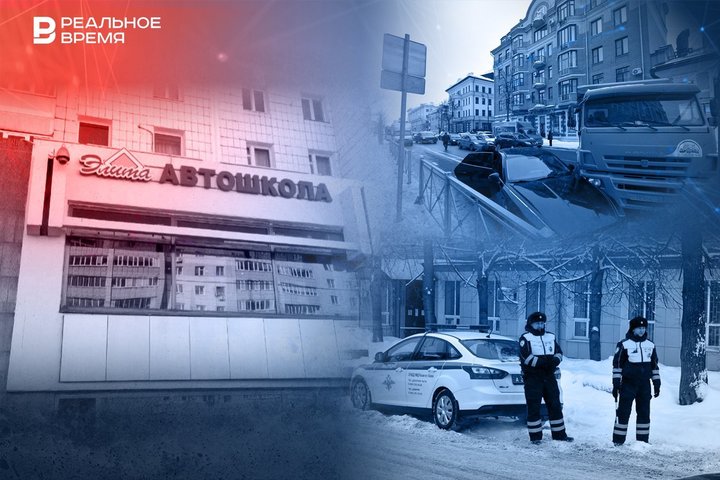
The Russian Ministry of Internal Affairs plans to define criteria for evaluating the effectiveness of training future drivers and make this information publicly available. At the same time, in Kazan, the quality of driving schools and taking exams in the traffic police has been assessed for several years. For more information about what will change in this assessment and why the effect of training cannot be objectively assessed only with the help of numbers and ratings — read the material of Realnoe Vremya.
The old ways are the best ways?
As Realnoe Vremya found out, the initiative of the Ministry of Internal Affairs of Russia with the introduction of criteria for the effectiveness of training in driving schools is not new. Until recently, there was an order from the department, according to which statistics were regularly published, taking into account the results of exams by graduates of driving schools.

Elena Vitiugova added that the Federation of Driving Schools of the Republic of Tatarstan continues to receive these indicators from the traffic police and publish them, but only in relation to schools in Kazan. The organisation periodically publishes these data on its website, and the rating takes into account two indicators — the percentage of theoretical exams passed on the first attempt and the percentage of practical exams passed on the first attempt (both are calculated from the total number of attempts, including retakes).
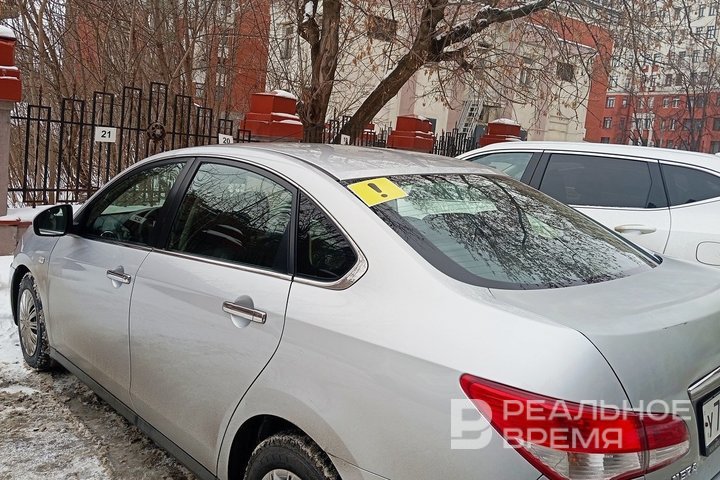
The speaker stressed that in addition to the rating data, a number of other factors must be taken into account when choosing a driving school:
- availability of a valid professional training license;
- presence of a valid traffic police report on the compliance of the educational and material base with the established requirements (if it was absent during the period of training at the driving school, its graduate will not be allowed to take the exams);
- reviews of the driving school on various online resources (not only on its own website);
- driving school's fleet, condition and choice of training vehicles;
- “age of the school” — how long it has operated;
- recommendations from those who have already graduated and obtained a driver's license;
- the cost of training (the pursuit of cheapness may lead to the need to either pay extra or “acquire” knowledge elsewhere, because the service will not be provided in full);
- my own impression of the trial class, which good driving schools always allow you to attend for free.
“You should choose from several driving schools, go to each one, compare impressions," Elena Vitiugova recommends. “You can also contact us, the Federation. Of course, we will not recommend a specific school, but we will describe the schools that the candidate will ask about.”
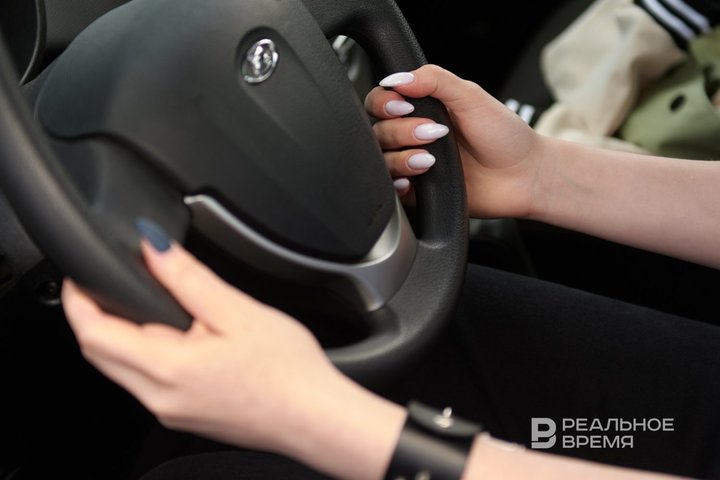
Real indicators and lack of analytics
According to the executive director of the Federation of Driving Schools of the Republic of Tatarstan, the only indicator that today gives the opportunity to really assess the quality of driving school training is the results of exams.
“As far as I know, the Russian traffic police wants to include data on exams passed on the first attempt and data on accidents committed by young drivers with up to two years of experience in the indicator system," she says. “The position of the members of the partnership of the Federation of Driving Schools is a little different. We believe that the responsibility for the accidents committed by newcomers cannot be fully attributed to driving schools. Since accidents with victims are mainly related to violations of the rules of overtaking, driving into the oncoming lane, speeding, which even the worst instructor does not teach.”
According to the speaker, in the event of an accident involving an inexperienced driver, his instructor is not necessarily to blame: “The human factor plays a role here: the driver decides for himself how fast to drive, overtake or not. In addition, there is a psychotype of people who tend to break the rules, and it is impossible to change this in 3-4 months.”
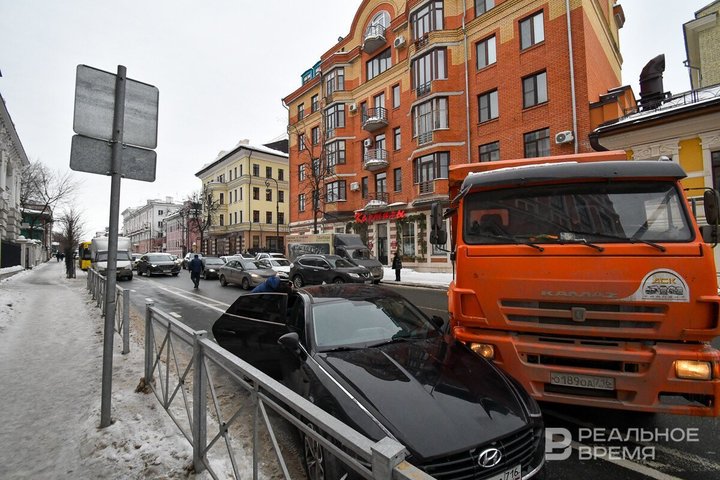
Therefore, the federation believes that accident statistics are necessary, and driving schools should take them into account and analyse them, but they should not be used to assess the effectiveness of their work. At the same time, the published information itself must be supplemented. For example, it would be good if the traffic police provided driving schools with analytics based on these statistics, including the reasons for the accidents, what traffic violations were committed in each case, and how often these violations are repeated by graduates of each driving school:
“Then driving schools could draw conclusions, determine what to pay more attention to in the learning process, and analyse these situations with teachers and instructors. In general, the professional community is waiting for a draft document from the Russian Traffic Police so that it can be supplemented with some suggestions and additions.
“It's not the driving school's fault, but a consequence of poor upbringing”

In addition, according to Stepanov, car accidents, especially serious ones, are usually not committed by those beginners who are poorly prepared and with difficulty, they did not get their license on the first attempt. On the contrary, they drive slowly and are careful. Overconfident graduates who easily passed their exams and started driving are much more likely to have an accident.
“That's exactly how our student fell to his death a few years ago at the exit from Tikhomirnova Street to Vishnevsky Street. We always look at such accidents and see that almost all of these drivers passed the exams on the first attempt, that is, they drove well.”
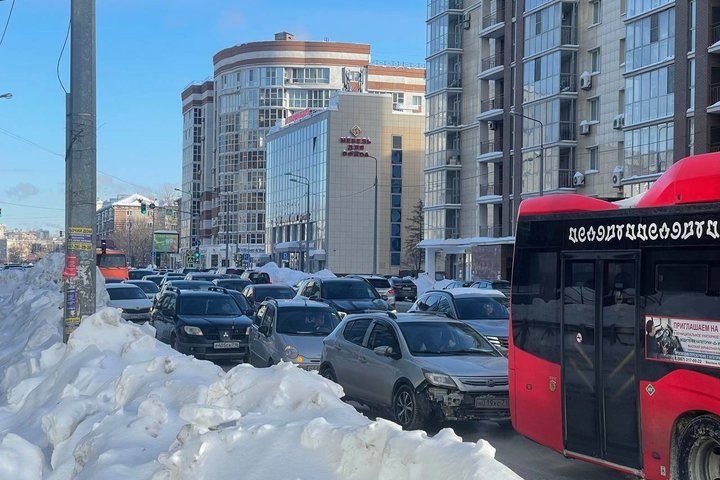
On the other hand, often, in his opinion, passing a theoretical exam, a person can simply memorise the answers to the questions in the tickets, without knowing the traffic rules and not understanding the meaning of the questions. That's exactly what happened to a Frenchman who trained at a driving school and didn't know a word in Russian.
Nikolay Stepanov believes that in order to objectively assess the quality of training, it makes sense to introduce quality checks by specialists from the Ministry of Education, provided that it has sufficient staff for this. Moreover, the checks should be, as they say, with access to the site — in order to assess both the level of knowledge of the teachers themselves and the quality of the material they convey to students.
Not enough practice
“I passed the exams on the first attempt," says Ilsiyar Kh, a recent graduate of a driving school in Kazan. “When choosing a school, I did not look at either the accident statistics or the rating, because the most important thing for me was to combine education with work. I went to the place where it was more convenient and closer to get there. But choosing from two schools, I picked the one where I was given contacts of teachers, all educational materials in electronic form, links to video tutorials. And in principle, I was satisfied.”
However, yesterday's student found something to criticise. She says in driving school:
- she didn't have enough practical training to feel confident, she had to pay a significant amount for additional hours with an instructor, but she would like to reduce the theory that she could learn on her own and increase the number of hours allotted for driving;
- it seemed irrational to allocate study hours: there are too many on the site, very few in the city;
- it seemed that the first ride to the city was too early: instead of spending a significant part of the lesson on the playground each time, it made sense to devote more hours to the playground first, and then practice mainly “the city”.
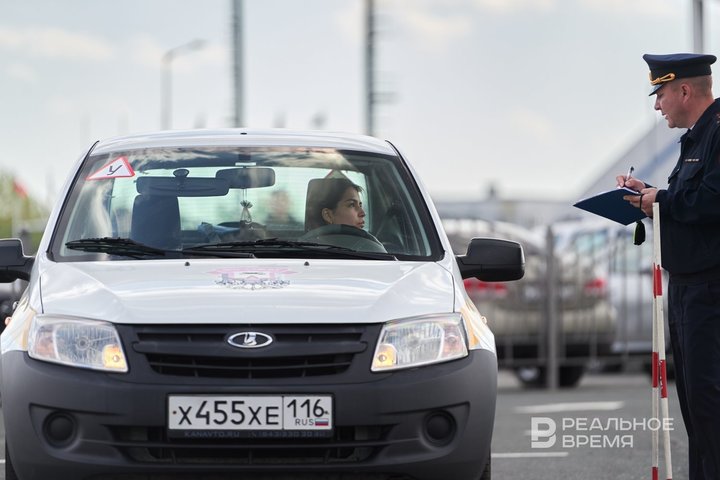
“There are a lot of things that bother me about the actions of inexperienced drivers on the road," says Ilnur S., a professional driver with 35 years of experience. “And it's not that they act uncertainly, they drive slowly, I just understand that, I remember how I started myself. The problem is that it is immediately obvious: a driving school graduate was not explained the basic things: what is the danger of a sudden lane change at a turn, why, turning right, it is necessary to turn into the nearest lane, and not try to jump over the bus and taxi to the second, why it is not necessary to pull the steering wheel sharply to avoid the pit… They are not taught overtaking techniques, they are not taught the “physics” of the car, and this is very bad! Several times before my eyes, people turned over or flew off the highway because they turned the steering wheel sharply, and created emergency situations by overtaking at an inappropriate speed.”
In driving school, it is still necessary to give the basics of ideas about the ethics of behaviour on the road, the experienced driver added: “Because many people act as if they are alone there, and this is also a factor that increases the risk of accidents. After all, it is possible not to formally violate traffic regulations, but to unnerve other road users so much that they will start to “blow others off” — and they will create problems.”
Indicators of exam quality or traffic intensity?
On the website of the Traffic Police Department of the Republic of Tatarstan, lists of examination departments of the department are posted, indicating the statistics of accidents with injured and deceased who were committed by drivers with up to two years of experience. They characterise not so much the quality of education as the quality of the work of examination departments, and even that with difficulty. Because, given the intensity of traffic on the roads, it is much more difficult to drive a car in Kazan than in a remote area, and there are more newly minted drivers in the capital.
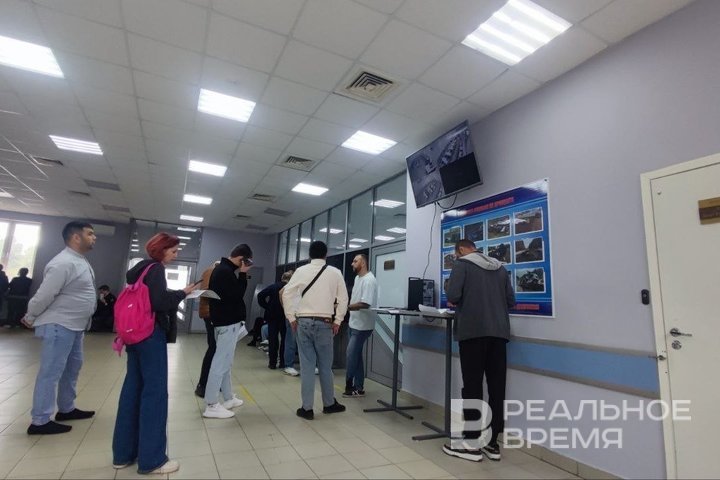
Therefore, Kazan is constantly in the lead in the ranking of examination departments, but Chistopolsky, Nurlatsky, Buinsky, Bugulminsky districts traditionally occupy the last lines. As follows from the information on the website of the Traffic Police Department of the Republic of Tatarstan, over the past three years there has been no clear trend of an increase or decrease in the number of accidents committed by young drivers: in 2022, there were 166, in 2023 — 137, and in 2024 — 152.